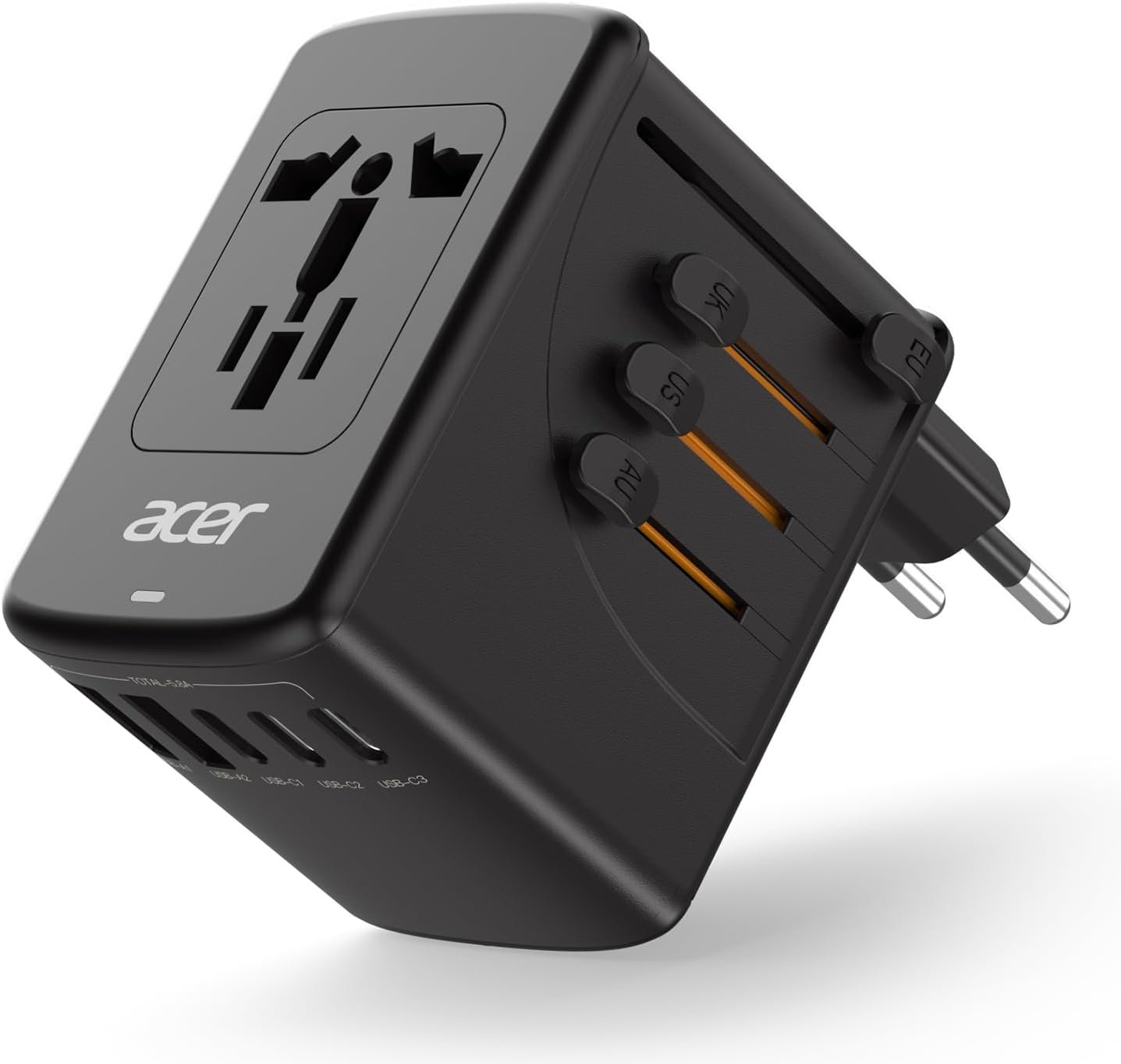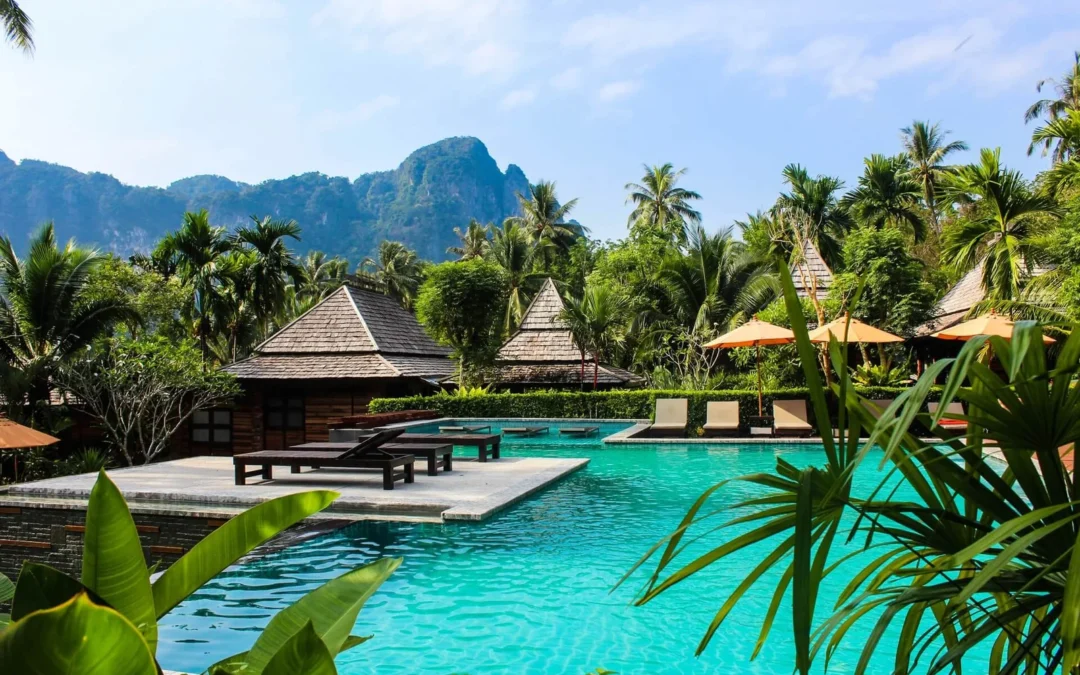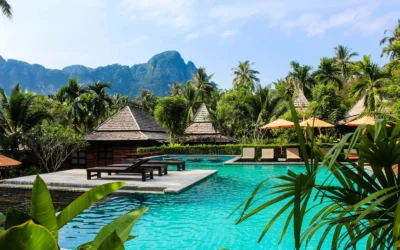When planning a vacation, one of the biggest decisions you’ll make is where to stay. The terms “hotel” and “resort” are often used interchangeably, but they refer to different types of accommodations with distinct features and experiences. Understanding the differences can help you choose the perfect place to stay based on your preferences and the type of vacation you want to have. In this post, we’ll explore the key differences between hotels and resorts to help you make an informed decision for your next trip.
1. Definition and Purpose
- Hotel: A hotel is an establishment that provides lodging, usually for a short duration, and often includes additional amenities such as restaurants, bars, and fitness centers. Hotels are typically located in urban areas, near tourist attractions, business districts, or airports, making them convenient for travelers who need a place to stay for a few nights or a quick business trip.
- Resort: A resort is a destination in itself, designed to provide a comprehensive holiday experience. Resorts often offer extensive recreational facilities, such as swimming pools, golf courses, water sports, spas, and entertainment options. They are typically located in scenic areas like beaches, mountains, or countryside, where guests can enjoy natural beauty and a variety of activities without needing to leave the property.
2. Amenities and Services
- Hotel Amenities: Hotels generally offer standard amenities that cater to basic needs, including a comfortable room, room service, a restaurant or café, a bar, and sometimes a fitness center or a small pool. The focus is on providing a comfortable place to stay with easy access to local attractions and business venues. High-end hotels may offer additional amenities like concierge services, valet parking, and more luxurious rooms.
- Resort Amenities: Resorts go beyond the basics by offering a wide range of amenities and activities designed to keep guests entertained and relaxed for an extended stay. Common features include multiple swimming pools, spas, fitness centers, multiple dining options (ranging from casual to fine dining), kids’ clubs, live entertainment, and various sports facilities (like tennis courts or golf courses). Some resorts are all-inclusive, meaning meals, drinks, and some activities are included in the room rate, providing a hassle-free experience for guests.
3. Location and Environment
- Hotel Location: Hotels are usually found in cities, near airports, or in areas with high foot traffic like downtowns and business districts. This makes them ideal for travelers who are visiting for work, attending events, or exploring city attractions. The focus is often on convenience and accessibility.
- Resort Location: Resorts are typically situated in picturesque or remote locations where natural beauty and tranquility are key selling points. Popular resort destinations include beaches, islands, mountains, and forests. The emphasis is on creating a relaxing, immersive environment that allows guests to escape from their everyday lives and enjoy a variety of recreational activities.
4. Target Audience
- Hotels: The target audience for hotels includes business travelers, tourists on short visits, and people attending events or conferences. Hotels cater to a wide range of budgets, from budget-friendly options to luxury accommodations, making them suitable for various types of travelers.
- Resorts: Resorts are generally targeted at leisure travelers looking for a comprehensive vacation experience. They attract families, couples, honeymooners, and anyone looking to relax, unwind, and enjoy a variety of recreational activities. Resorts often cater to mid-range to luxury markets, with many offering all-inclusive packages to simplify the vacation experience.
5. Stay Duration and Experience
- Hotel Stay Duration: Stays at hotels are often shorter, ranging from one night to a few days, as they are designed to provide comfort and convenience for travelers who may have plans outside the property. Guests at hotels are more likely to spend time exploring the local area rather than staying at the hotel all day.
- Resort Stay Duration: Resorts are designed for longer stays, typically a week or more, as they provide everything needed for a complete vacation. Guests can spend their entire vacation on the resort property, enjoying the amenities and activities without needing to leave. The experience is more about relaxation and entertainment within the resort itself.
6. Pricing Structure
- Hotel Pricing: Hotels often have a more straightforward pricing structure, with a room rate that includes the cost of accommodation and basic amenities. Additional services, such as dining, parking, or use of certain facilities, may come with extra charges. Prices can vary greatly depending on the hotel’s location, star rating, and seasonality.
- Resort Pricing: Resort pricing can be more complex, especially if the resort operates on an all-inclusive basis. All-inclusive resorts typically charge a single price that covers accommodation, meals, drinks, and some activities. Other resorts may have a base rate with additional charges for specific amenities or activities. The overall cost can be higher than a hotel due to the range of services and amenities included.
7. Flexibility and Customization
- Hotels: Hotels offer flexibility in terms of booking, with guests free to come and go as they please and choose from a range of room options. They are ideal for travelers who prefer to have more control over their itinerary and wish to explore outside dining and entertainment options.
- Resorts: Resorts often offer package deals that include a set number of days with specific amenities and activities included. While this can simplify planning and budgeting, it may offer less flexibility for those who prefer to create their own itinerary or explore outside the resort.
Key Differences
So, what are the main differences between hotels and resorts?
- Location: Hotels are typically urban, while resorts are often located in scenic areas.
- Amenities: Hotels usually offer basic amenities, while resorts provide a wide range of activities and services.
- Accommodation: Hotels offer rooms and suites, while resorts often feature villas and other unique accommodations.
- Experience: Hotels provide a convenient base for exploring, while resorts offer an immersive, relaxing experience.
Choosing Between a Hotel and Resort
When deciding between a hotel and resort, consider:
- Your travel style: If you prefer exploring cities, a hotel might be the better choice. For relaxation and activities, opt for a resort.
- Your budget: Hotels are often more affordable, while resorts may offer package deals that include meals and activities.
- Your priorities: If you need convenient access to attractions, choose a hotel. For a range of on-site amenities, select a resort.
While both hotels and resorts provide accommodations for travelers, they cater to different needs and preferences. Hotels are ideal for those looking for a convenient, short-term stay with easy access to local attractions or business centers. Resorts, on the other hand, are perfect for travelers seeking a comprehensive, all-in-one vacation experience where relaxation and recreation are the main focus. By understanding the differences between these two types of accommodations, you can choose the one that best suits your travel style and needs. Whether you’re planning a quick city break or a long, leisurely holiday, knowing the difference between a hotel and a resort will help ensure your stay is exactly what you envisioned.











0 Comments